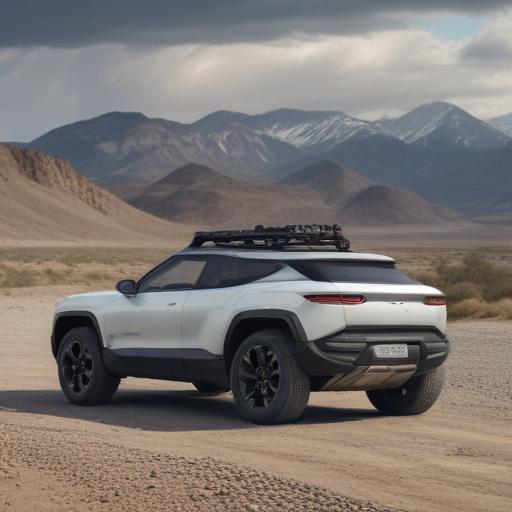Rivian Automotive (NASDAQ: RIVN), a U.S.-based electric vehicle manufacturer, is facing challenges due to President Trump’s tariffs, which are affecting many automakers. The company has recently revised its vehicle delivery forecast, expecting to deliver between 40,000 to 46,000 vehicles this year, down from an earlier estimate of 46,000 to 51,000. This adjustment signals that Rivian will likely fall short of its previous delivery numbers from the last two years.
The impact of tariffs is contributing to heightened production costs for Rivian. The company has raised its capital expenditure guidance for the year to between $1.8 billion and $1.9 billion, reflecting the anticipated consequences of tariffs on its supply chain. Rivian CFO Claire McDonough indicated that the cost per vehicle could rise by “a couple thousand dollars” due to these tariffs.
Despite these hurdles, Rivian remains a promising player in the electric vehicle market. The company recently achieved gross profitability for two consecutive quarters, which is a significant milestone. Additionally, it boasts high brand loyalty and owner satisfaction scores among car brands. Rivian’s leadership has emphasized its commitment to sourcing vehicles entirely within the U.S., stating that it has a “very U.S.-centric supply chain.”
Ultimately, while Rivian’s situation is complicated by external factors like tariffs, its overall trajectory in the burgeoning EV sector remains watchful. Moving forward, investors may want to proceed with caution due to the ongoing market uncertainties and the current economic climate. However, Rivian’s underlying strengths provide reason for optimism about its long-term future in the automotive landscape.
